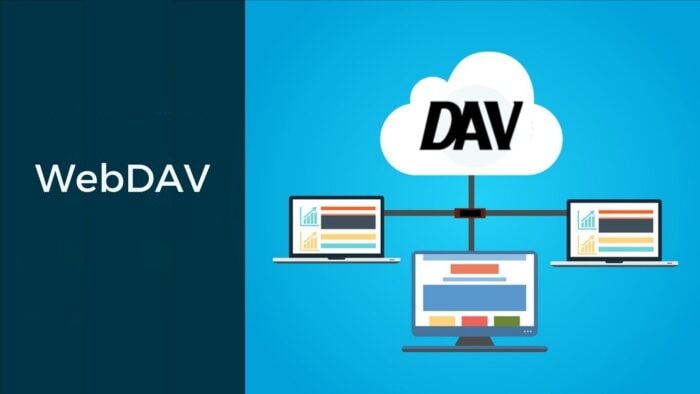Interesting read:
"Specifically, this can be done by embracing a new paradigm that puts individuals ahead of business models. This isn't just an ideal; it's already becoming a reality. Technologies that serve and empower us all -- such as the new model social networks Bluesky and Mastodon -- don't feed off advertising and business engagement but still create communities. GitHub provides online collaboration tools and podcasts that contribute to community knowledge."
I haven't been online nearly as long as this, but safe to say, some insights can be gained also from having gone online in the mid-1990s and trying to do digital communication back then. One thing that comes to mind, one thing that always felt totally wrong: The web always was much more about consumption than creation. It always was easy to read web sites, and it always was (at least in comparison) much more difficult to create those. Even while early browsers such as Netscape Communicator had editing features built-in, even while protocols such as #atompub (not to mistake for "just" atom feeds) or #webdav offered ideas for handling this, too, it never managed to gain ground. Instead, we got complex pieces of software like wordpress to be installed and run on some server, with all the bells and whistles attached making this even more complex. Still, I firmly believe the web in 2020s would look much more different especially in terms of huge corporations and social networks if it was built as a read/write web earlier and if publishing something on the "open" web was just as easy as posting stuff to Facebook, Bluesky, Mastodon or whichever platform comes to mind.
♲ Steven Vaughan-Nichols - 2024-03-12 23:03:01 GMT
I've been using the web literally since it had two—count them, two—web servers. It may be much more powerful these days, but it's also uglier than ever, but its creator still hopes to fix it.https://www.zdnet.com/home-and-office/networking/at-35-the-web-is-broken-but-its-inventor-hasnt-given-up-hope-of-fixing-it/

